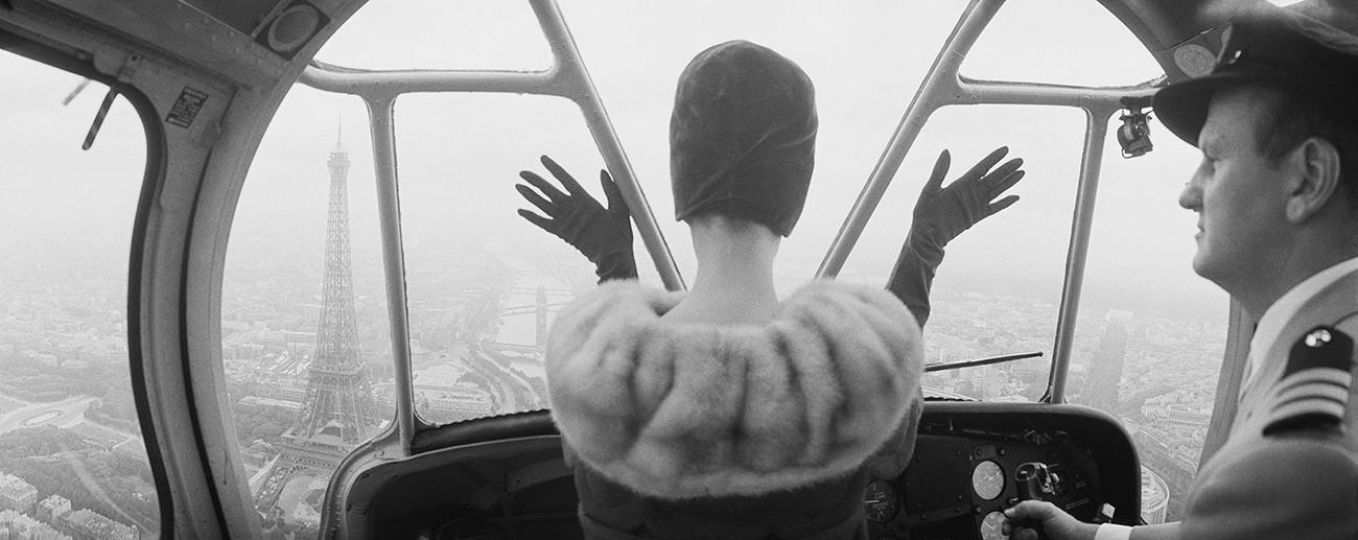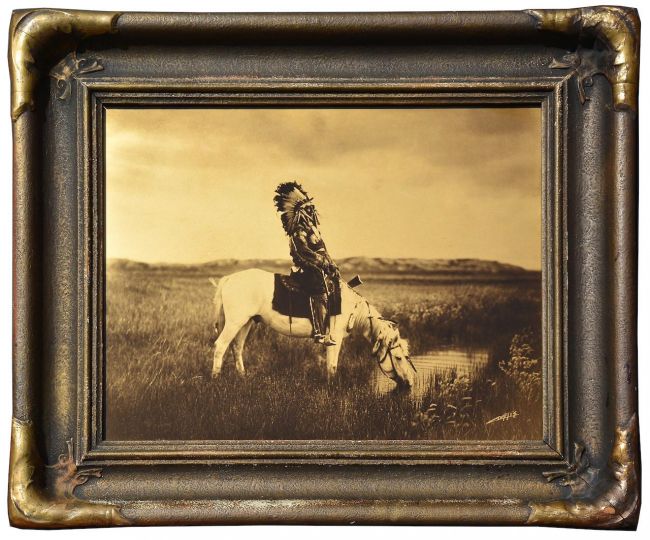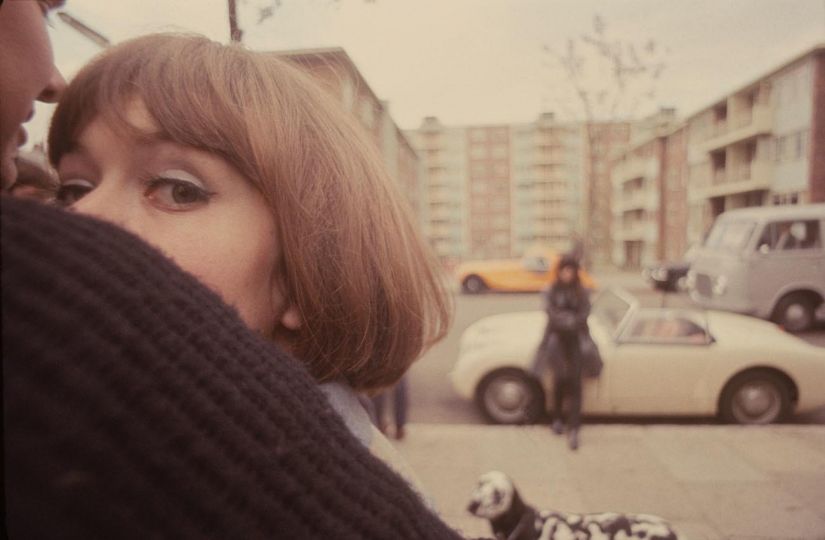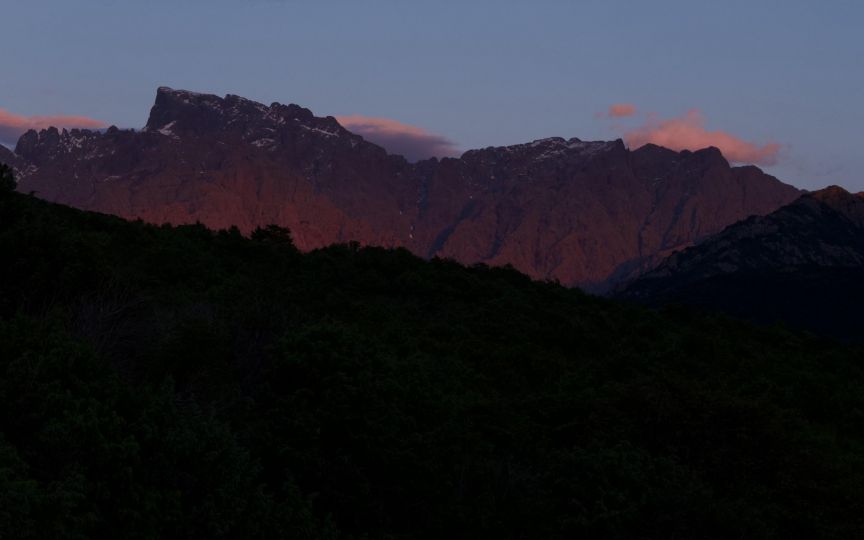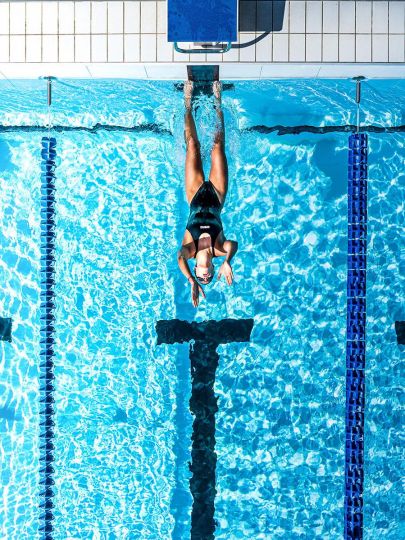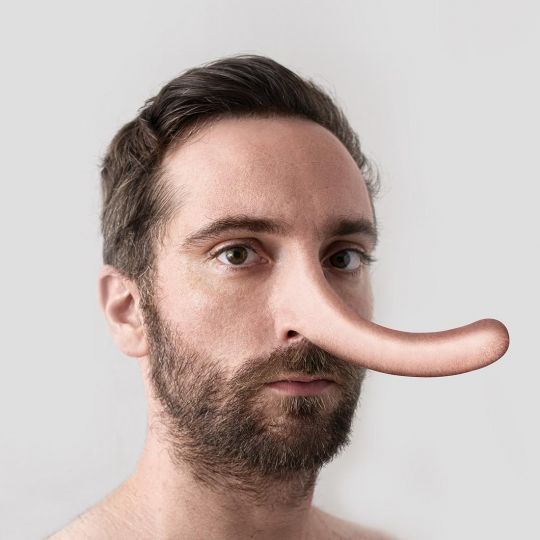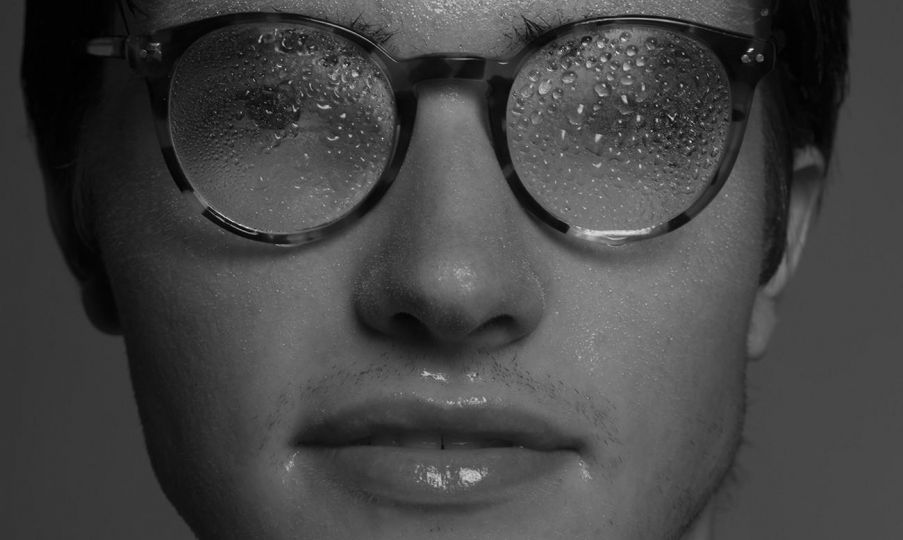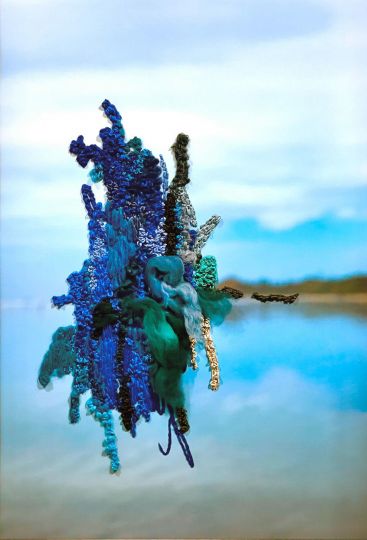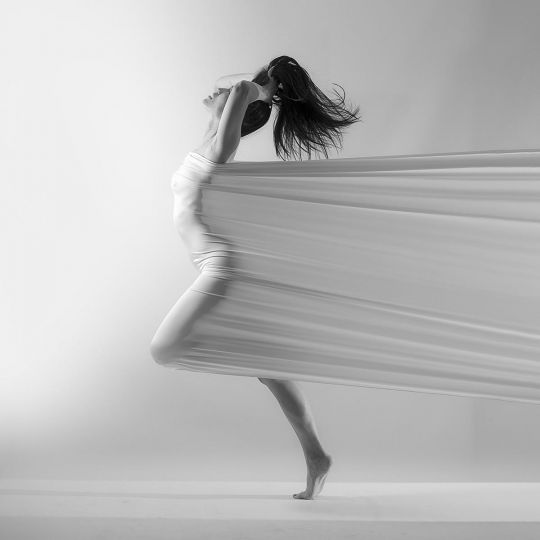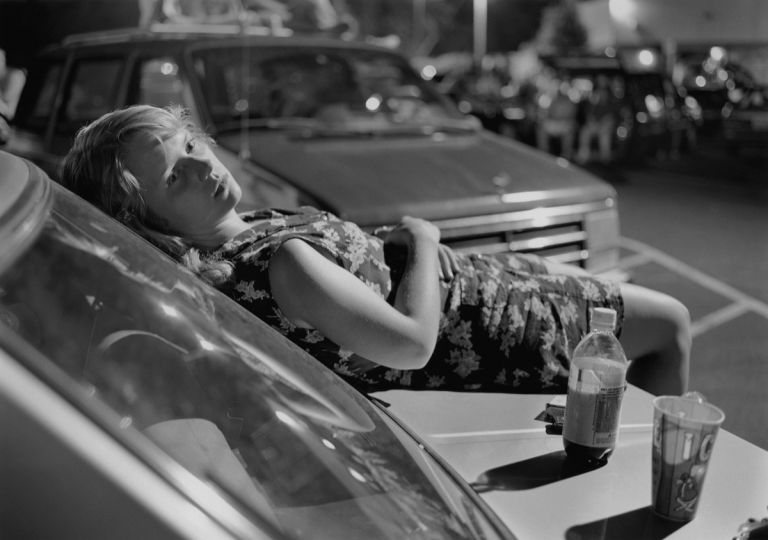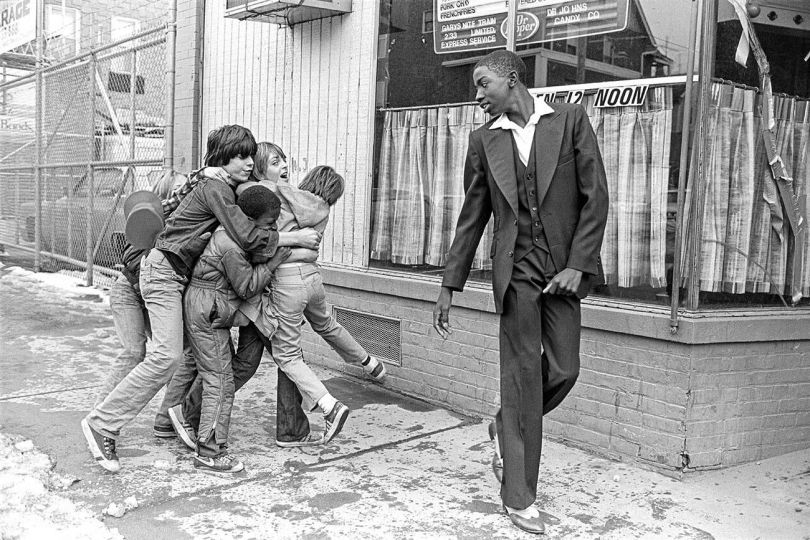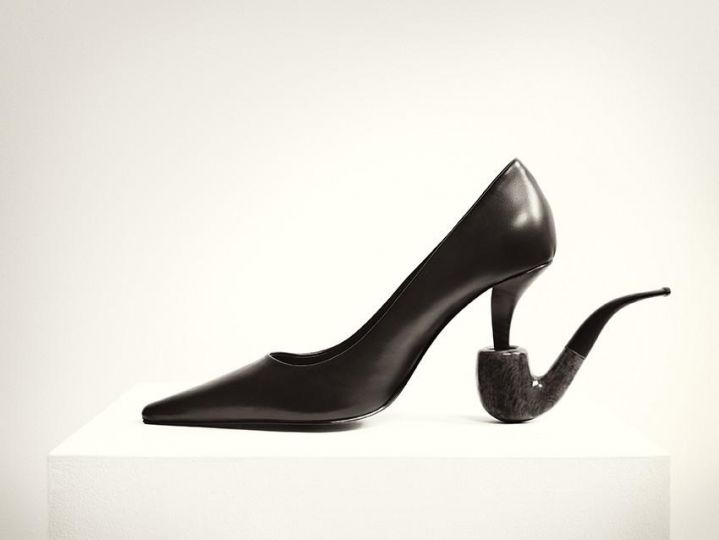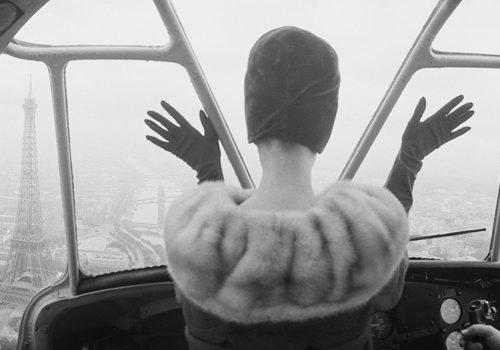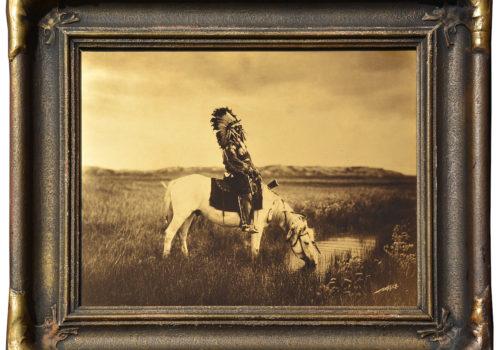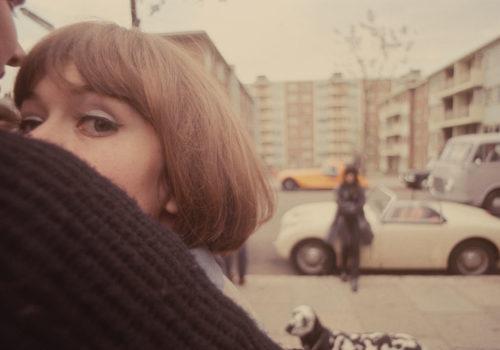The photographs from the series “Rodina” (the russian word for home), which are presented in the gallery, are reflecting on home. What does home mean? Is it a geographically tangible territory, a feeling or longing, or the want for staying and belonging? Maybe it can also mean, as Edgar Reitz says, home is always something lost.
The photographer Irina Ruppert set out on a search for the images of her memories. Images that have been carried in her mind since she was seven years old in 1976 and moved with her family from Kazakhstan to Germany. On an autographical journey through Eastern Europe, that she started after the collapse of the USSR, she traced the paths of her ancestors and uncovered her traditional roots.
From 2006 to 2010 she photographed different locations in Russia, Ukraine, Bulgaria, Romania, Slovakia, Poland and Kazakhstan. She was most impressed with her hometown and the changes it had gone through since the end of socialism. “It seemed that everything that had to do with the Russian past had been wiped out from one day to the other,” she says. “The Cyrillic alphabet and Russian language were gone. Old Russian statues of Lenin and Stalin were given long beards and their names were changed to those of Kazakh personalities.” When Ruppert describes her travels in Eastern Europe, she notes feeling immersed in the experience and always feeling at home.
“People’s behaviors are very familiar to me. People in the East are extreme in their feelings and actions; it’s always about being together. I usually travel alone but in the East, you are never alone.”
(Quoted from: Time Light Box N.Y., Javier Sirvent, 07/12)
What she did are expressive and emotional photographs stringing together like memory fragments, like sporadic impressions, which had been stuck in her memories due to their intensity and forcefulness: the vibrant red blood of a slaughtered chicken; an aeroplane stranded in the middle of a residential area; mourners on a withered meadow that have gathered around an open lace-lined coffin.
Each photograph stands by itself, for a piece of puzzle in a patchy biography. “There is no logic connecting them, no sense, only the fact that they happened just to me”, writes Andrzej Stasiuks in Fado. And that also applies to the work Rodina. Irina Ruppert’s snapshots reflect the country of her childhood seen from afar with melancholy – a country with fluid transitions, consisting of vivid colours and patterned fabrics, of the atmospheric interplay of light and shadow. It is the other poetic side of a region, often associated with poverty, homelessness and sickness. Also Irina Ruppert’s photographs show a rural and original life. She also shows the beauty and aesthetics, focusing on the impressions that have been with her and shaped her over the years. Rodina takes the photographer’s works to a common denominator, where the essence of her artistic creativity is perceptible: the confrontation with of past, memories with Eastern European roots – a search for images that make a lost home tangible again.
Sophia Greiff
Irina Ruppert was born in 1968 to Aktjubinsk (Kazakhstan)
Irina Ruppert – Rodina
November 27th – December 21st 2012
Kominek Gallery
Immanuelkirchstr. 25
10405 Berlin
Germany
Tel: +49 (0) 30 44 31 84 38
[email protected]


